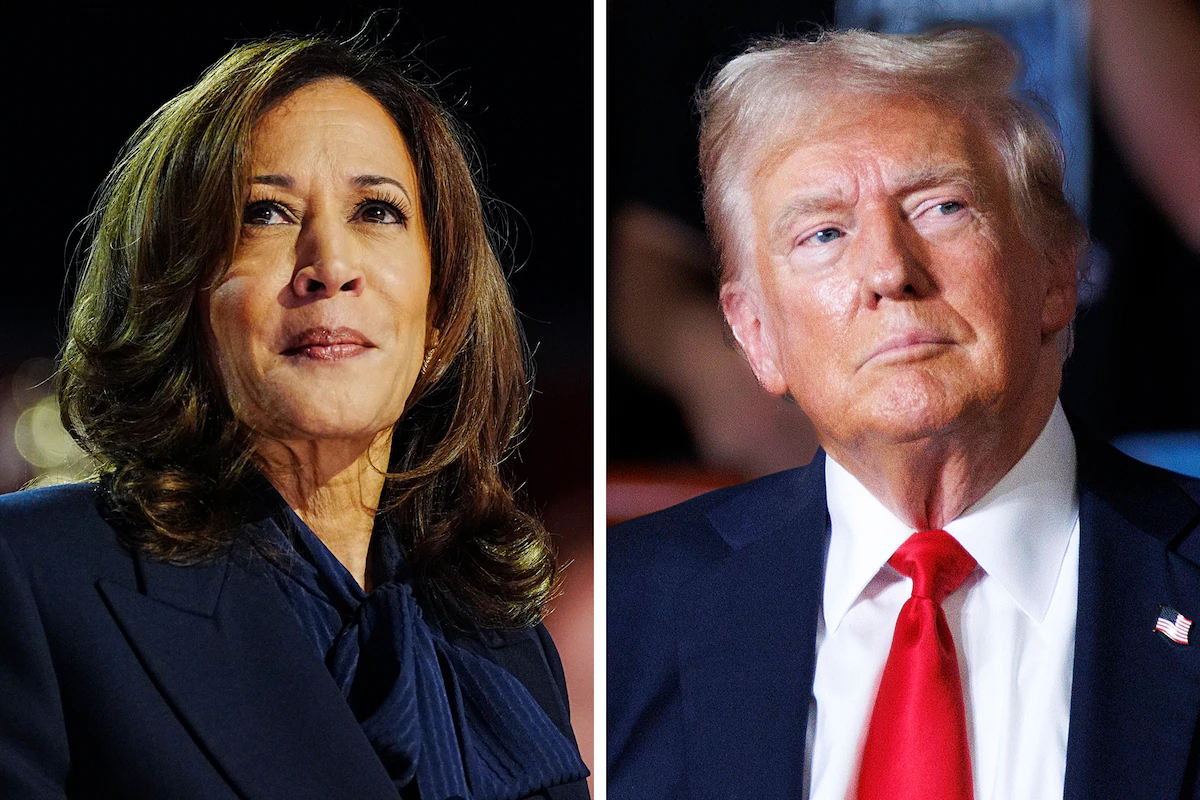Presidential debates are a crucial moment in any U.S. election cycle, often serving as the turning point that can sway undecided voters and shape the final weeks of the campaign. This year, the stakes are particularly high as Kamala Harris and Donald Trump face off in a highly anticipated debate on Tuesday night. With only one debate currently scheduled between them, this face-off could prove to be one of the most important events of the 2024 presidential race.
A crucial moment for Kamala Harris
Vice President Kamala Harris, who has been on the national stage for more than three years, is still relatively unknown to many voters. Despite her prominent role, a recent poll by The New York Times indicated that 28% of likely voters still feel they need to learn more about her and her policies. Harris has been working to establish her identity and vision for America since announcing her candidacy for president. For her, this debate in Philadelphia is an opportunity to present herself to a wider audience and clearly outline her policy positions.
However, this debate also carries significant risks. Harris will be under intense scrutiny not only from her Republican opponent but also from the moderator, who may press her on her policy changes and the Biden administration’s track record. Harris has faced challenges in the past in handling incisive questions under pressure, and her relatively limited media exposure during the early weeks of her campaign has not allowed her to get as much practice in responding to tough questioning.
Familiar ground for Trump
Donald Trump, on the other hand, is no stranger to presidential debates. Having participated in debates in the past three election cycles, he has a well-established style that combines a combative approach with populist rhetoric. His strategy for this debate relies more on his experience and instincts rather than rigorous preparation. Trump has opted for informal debate preparation, which includes reviewing his positions on key issues and engaging with supporters in a town hall forum on Fox News.
Trump’s approach reflects his confidence in his ability to perform well in high-pressure settings and dominate the narrative. His aim will likely be to force Harris to defend the Biden administration’s policies, particularly on issues where Republicans believe they have an advantage, such as border security, inflation and crime.
A divided electorate
The 2024 presidential race has been characterised by division and polarisation. Surveys show that voters are sharply divided, with most polls showing the race statistically tied both nationally and in key swing states. Tuesday night’s debate could therefore be decisive. Even a small shift in voter sentiment could prove to be the deciding factor in this race, which is expected to be a closely contested one.
For Harris, the debate is not just about promoting her own viewpoint, but also about distancing herself from some of the less popular policies associated with the Biden administration. Since announcing her candidacy, she has walked back many of her old policy positions from her 2020 presidential bid, including stances on banning fracking, decriminalizing border crossing, and nationalizing health insurance. She has argued that these changes are due to changing circumstances, but some voters may view them as politically motivated reversals rather than a genuine shift in beliefs.
Different approaches to debate preparation
The two candidates have taken different approaches to debate preparation. Harris, a former prosecutor, is holding mock debates in Pittsburgh, a city located just a few hours’ drive from the debate site in Philadelphia. This has given her a chance to hone her responses and refine her policy proposals. Additionally, campaigning in Pennsylvania — a key battleground state — has given her publicity in the local media and an opportunity to connect with voters.
In contrast, Trump has opted for a more informal preparation style. Instead of formal rehearsals, she has focused on connecting with supporters and discussing key issues in a familiar setting. Her recent appearance at a town hall hosted by Fox News is evidence of her reliance on direct communication with her base, emphasising her populist approach.
The stakes are high
The importance of Tuesday’s debate cannot be underestimated. With early voting starting soon in some crucial battleground states, including Pennsylvania, this debate is the last major opportunity for both candidates to put their case in front of voters who may still be undecided. In a race where every vote counts, especially in tightly contested states, the impact of this debate could be felt until election day in November.
For Kamala Harris, this debate will be a great way to establish herself as a credible presidential candidate, distance herself from Joe Biden’s administration and help her win the election.
